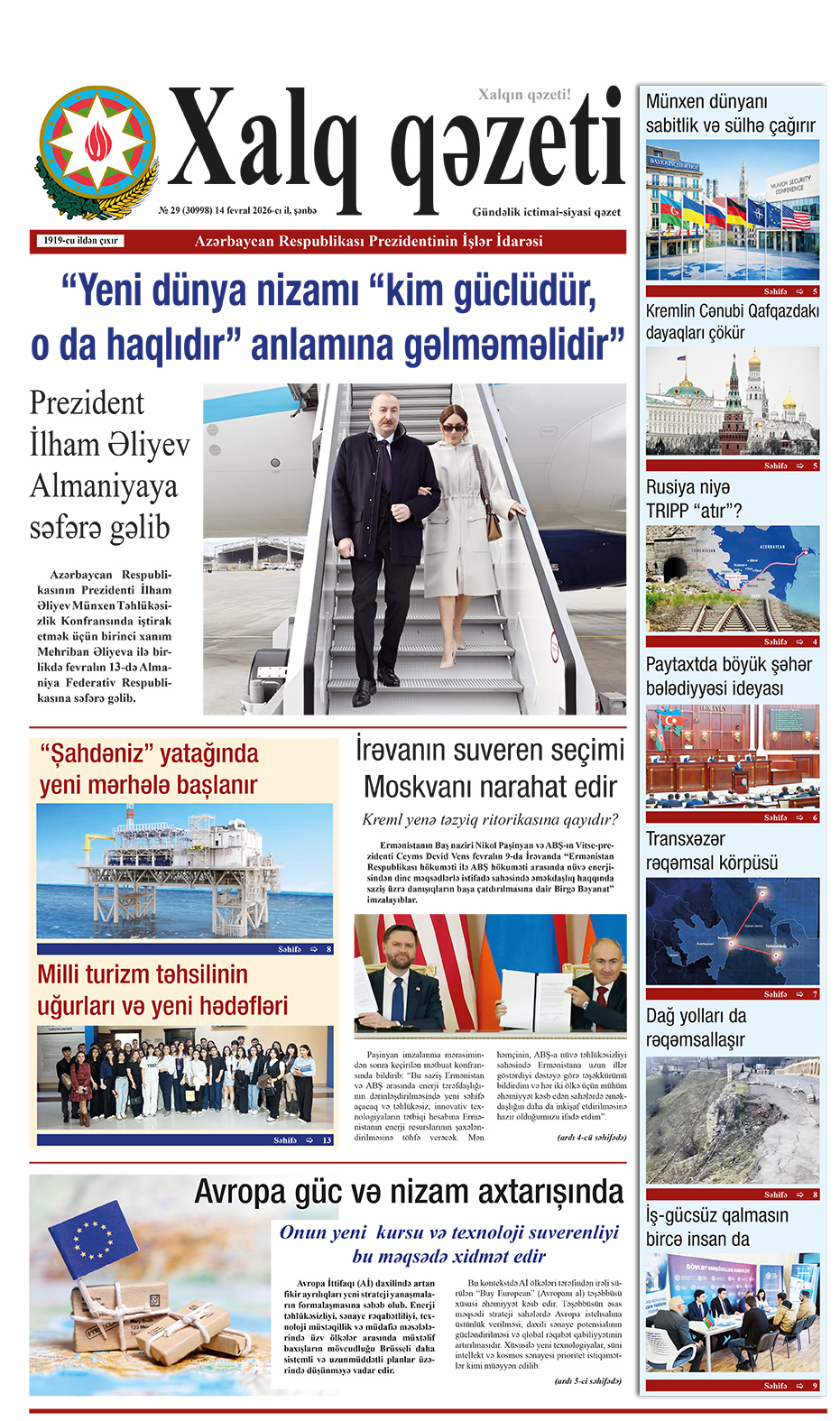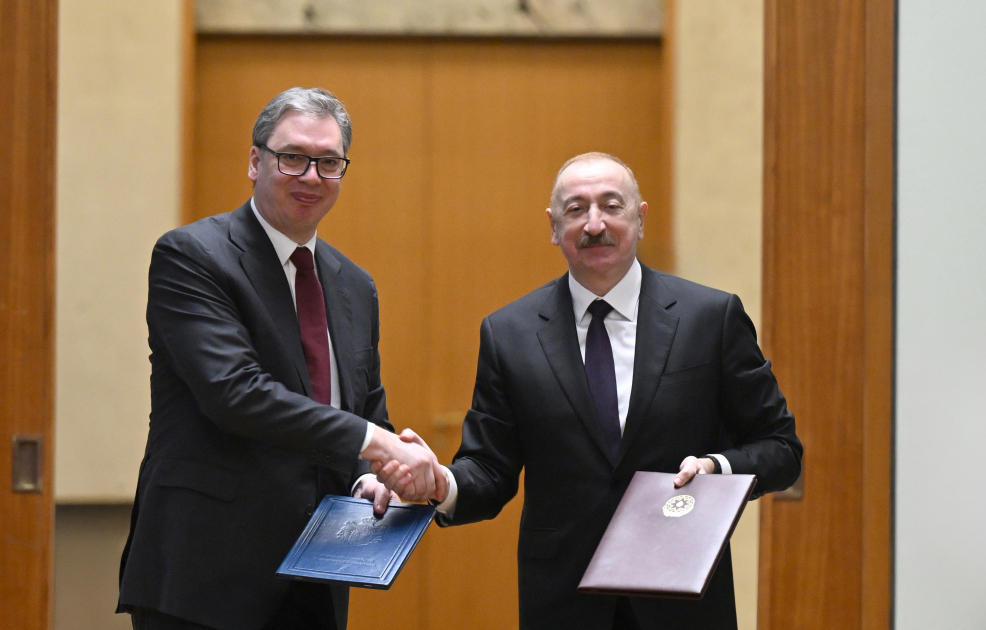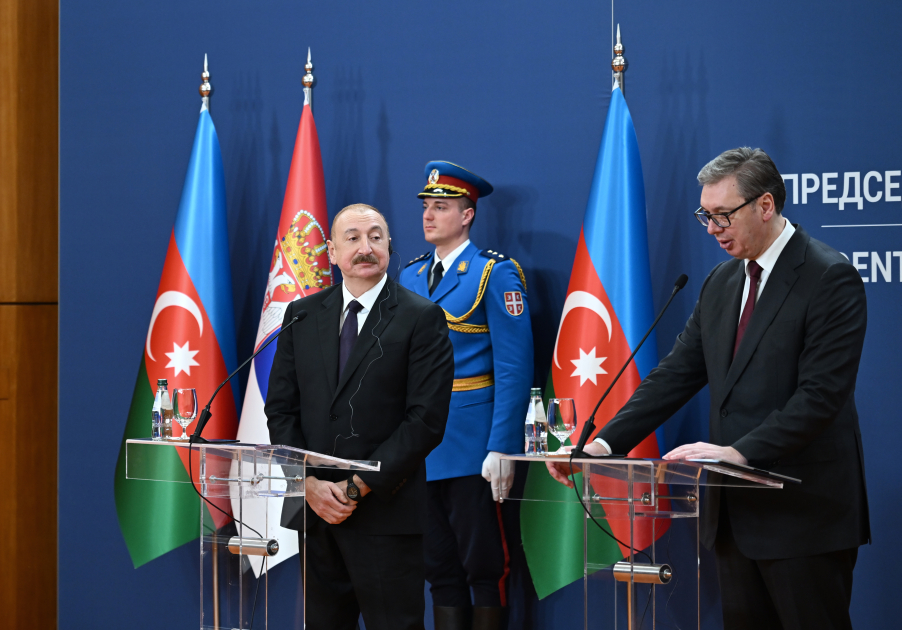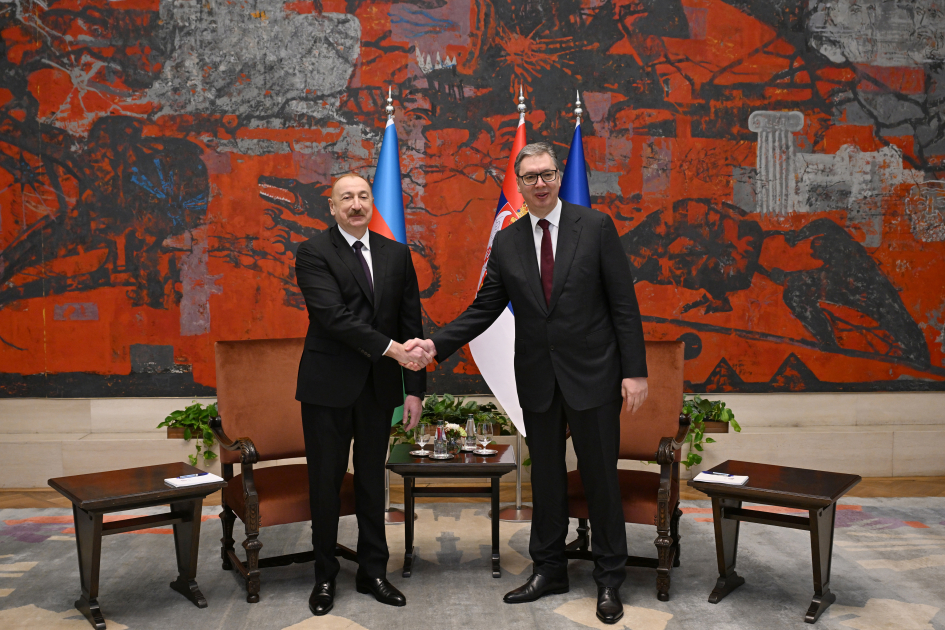An international roundtable marking the 20th anniversary of the "World of Diplomacy" journal – the official publication of Azerbaijan’s Foreign Ministry – was held in Baku and Shusha on July 8–9.
The event brought together representatives of Foreign Ministries from 16 countries, members of prominent think tanks, as well as editors and experts of journals specializing in international relations and diplomatic analysis.
The main goal of the roundtable was to exchange views and experiences on the official publications of the Foreign Ministries of friendly and partner countries, as well as on the importance of strategic analysis in the modern international relations system.
Addressing the opening ceremony, Foreign Minister Jeyhun Bayramov emphasized that the "World of Diplomacy" journal has served as a pivotal platform reflecting Azerbaijan’s foreign policy priorities and its approach to international processes over the past 20 years.
The minister highlighted the independent, pragmatic, and open foreign policy pursued under the leadership of President Ilham Aliyev, noting Azerbaijan’s growing influence on the international stage.
Jeyhun Bayramov spoke in detail about the new realities emerging in the South Caucasus in the post-conflict period, the steps taken to normalize Armenia-Azerbaijan relations, and the key obstacles to signing a peace agreement.
He also highlighted ongoing large-scale restoration and reconstruction projects in the liberated territories within the framework of the “Great Return” Program.
The Foreign Minister emphasized Azerbaijan’s active engagement in international initiatives, noting its hosting of COP29, successful chairmanship of the Non-Aligned Movement (NAM), and the country’s upcoming hosting of major events such as the 82nd session of UNESCAP, the 13th World Urban Forum, and World Environment Day.
As part of the event, the participants visited Shusha, the cultural capital of Azerbaijan.
During the visit, the guests saw firsthand the consequences of Armenia’s occupation policy, including destroyed infrastructure and cultural monuments, as well as the ongoing reconstruction and restoration efforts.
Presentations were held on Shusha’s historical and cultural heritage, and the visit concluded with a cultural program.


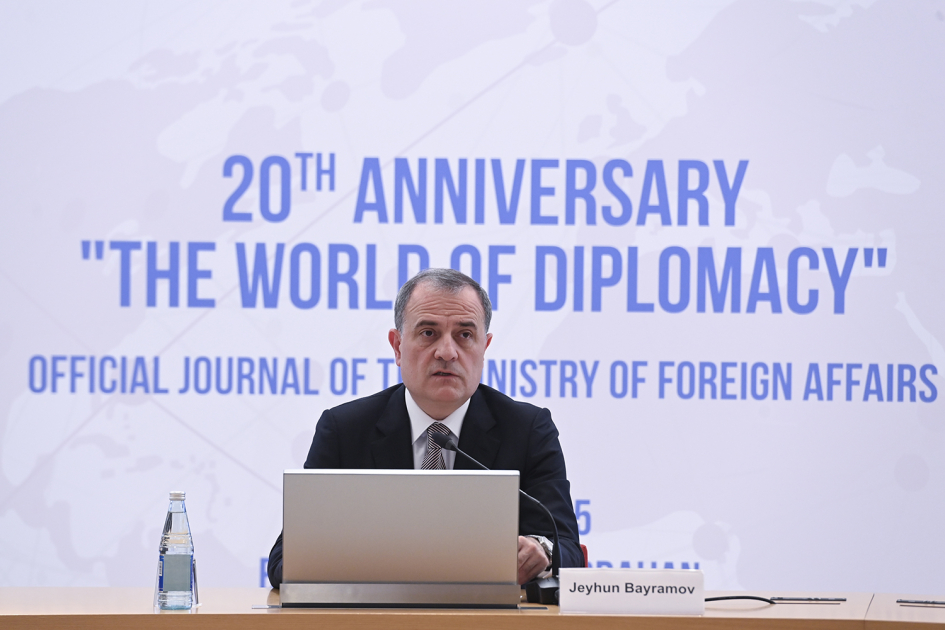

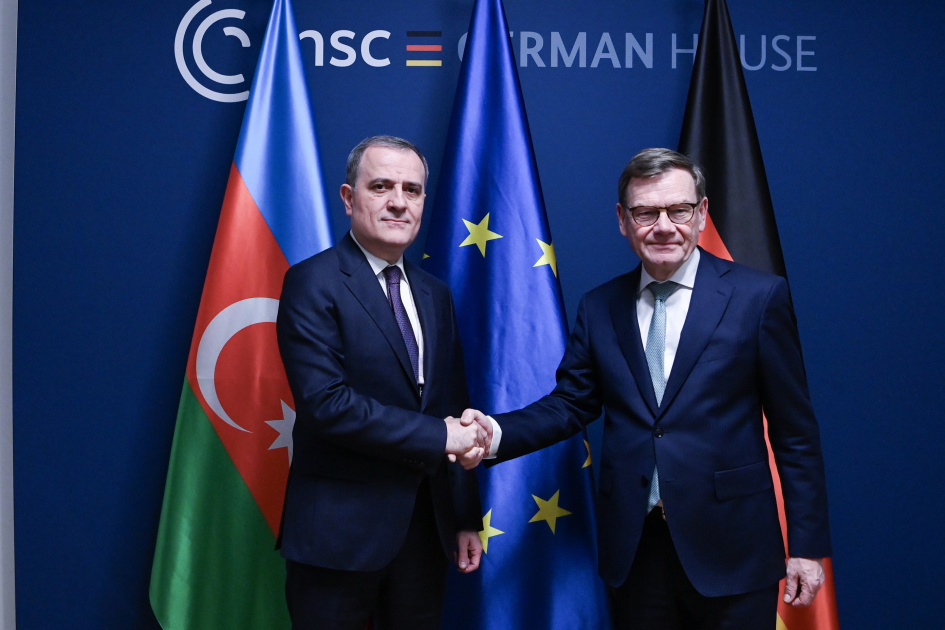
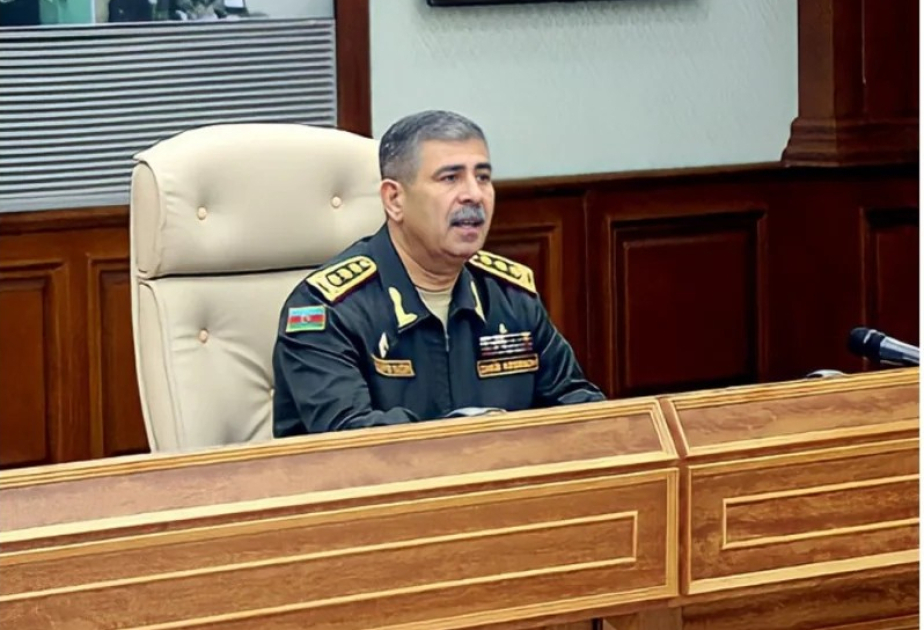
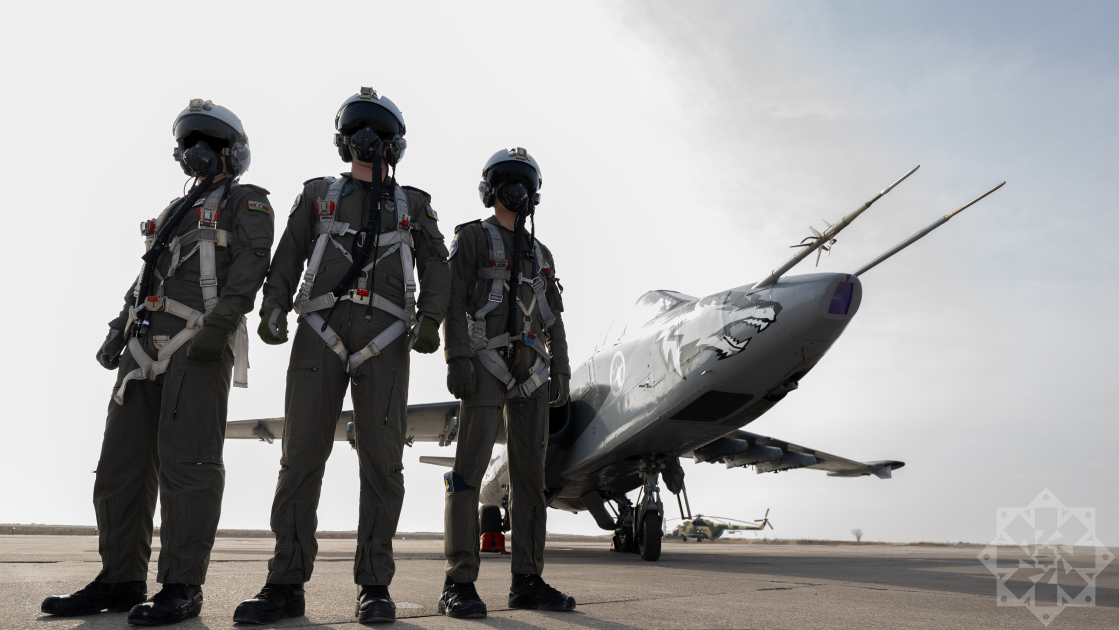
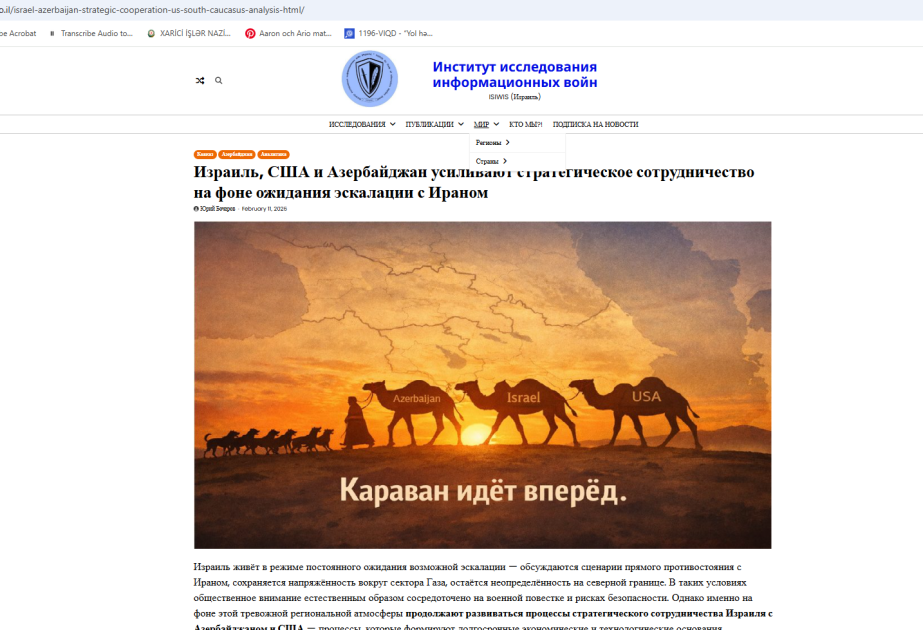
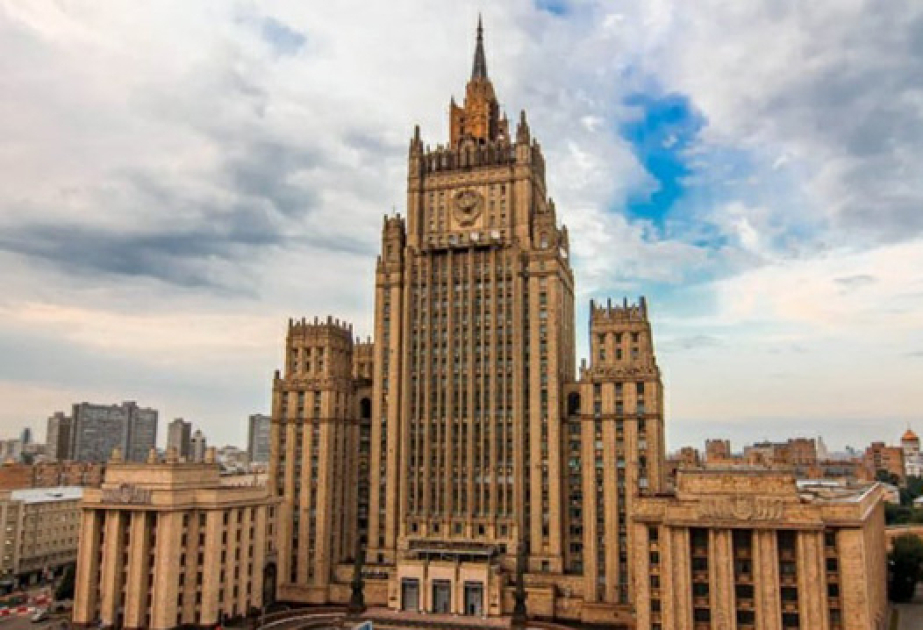
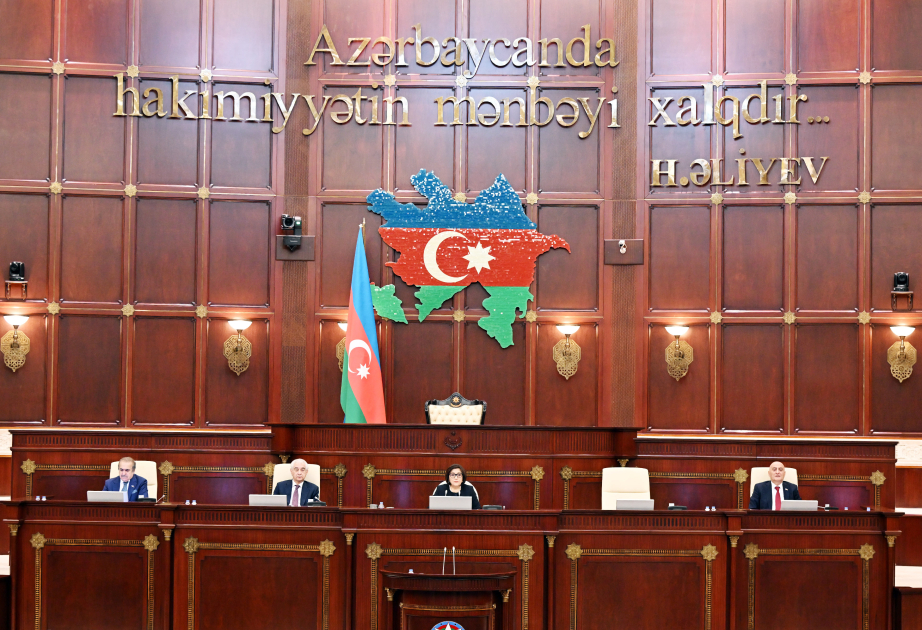
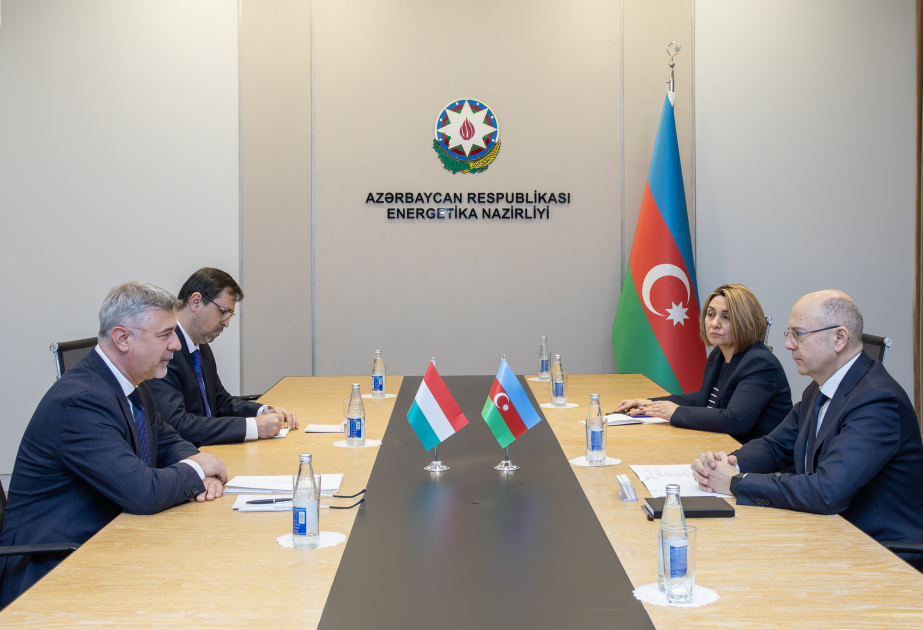
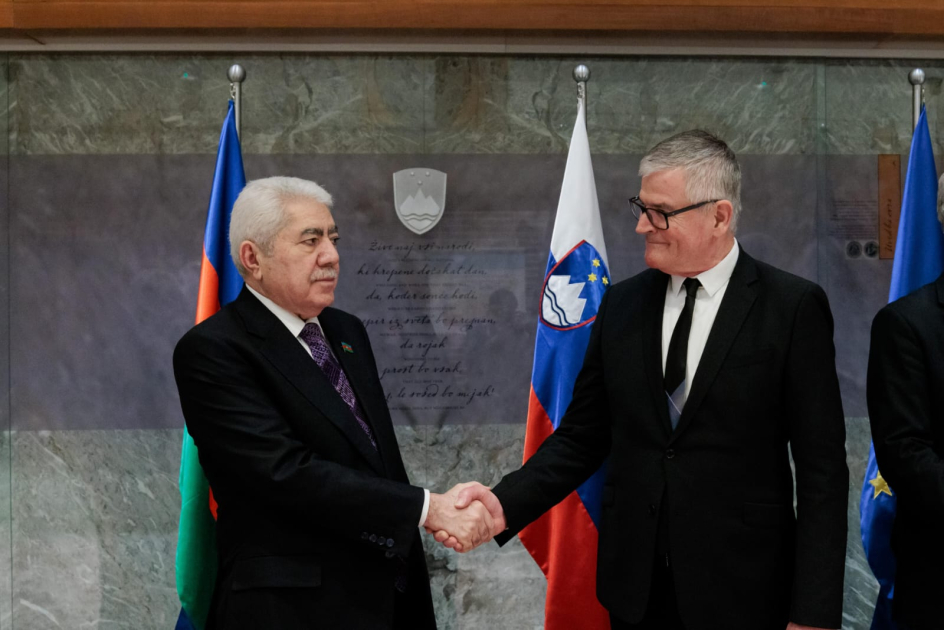
.png)



